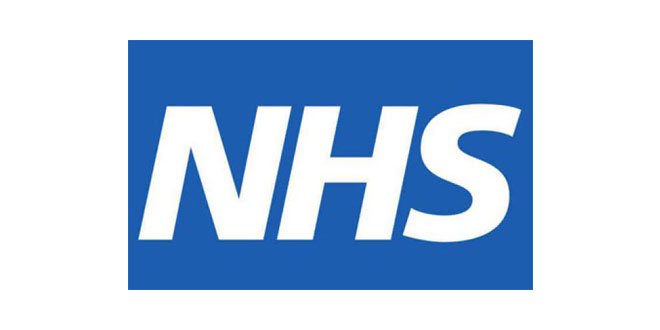Total Transformation – Second Edition
 Scaling up promising models of care, support and community health services could increase cost-effectiveness for the NHS and local authorities – and improve outcomes for local people.
Scaling up promising models of care, support and community health services could increase cost-effectiveness for the NHS and local authorities – and improve outcomes for local people.
Updated information from the Social Care Institute for Excellence indicates that if six promising, but under-used models of care were scaled up within a large city such as Birmingham, it could result in over £9 million of savings each year across the local authority and the NHS – as well as improved outcomes for local people.
Total transformation of care and support has been updated and extended in the run up to next weeks’ budget which is expected to have a strong focus on integrated health and care.
The paper uses existing data on the current use of care services in Birmingham, plus data on the effectiveness of six models of care from across the country, and projects the potential impact of using those models to their full extent.
Speaking about the findings, SCIE’s director of business development and delivery, Ewan King, said:
Everyone accepts that in order to transform people’s experiences of the NHS, you have to transform social care. The challenge is how. Our work indicates that there is real potential in the use of less mainstream, more community-orientated health and care services. Shifting at least some resources into these low-level, community-based prevention-orientated services could be one approach to making the best use of all the available resources. It’s not cost neutral – but indications are it is cost-effective.
One of the models featured in the updated paper is the British Red Cross Support at Home. This scheme provides volunteers to support people with a minimum of two long-term conditions, through a flexible support package for up to 12 weeks when people are returning home from hospital.
The support can smooth the process of settling back into a routine and help people to regain their confidence and independence after a hospital admission. The service includes: rebuilding confidence, collecting prescriptions, offering companionship, and assistance with shopping.
According to analysis by SCIE and our consultancy partners PPL, the scheme costs approximately £254 per person per year. The scheme is not currently used in Birmingham but, if only 1,360 older people did use the service, it is estimated that it would result in:
- £167,000 net savings to the local authority (£339,000 gross savings)
- £444,000 net savings to the health system (£616,000 gross savings)





